Valuable Financial Lessons from the Pandemic for a Better Future

Want to learn about financial lessons? Here’s a detailed article for you to know all about it. I hope you enjoy reading it.
COVID-19 led to a tectonic shift in the way people go about their lives. Nobody anticipated the magnitude of pay cuts, layoffs, and job losses that would accompany this pandemic. Professionals and business owners alike had to navigate some of the most treacherous and challenging economic paths in recent history.
However, the pandemic also taught some of the most valuable lessons in economics and finance in recent times, some of which can be taken forward even after the pandemic subsides completely. Here are a handful of finance lessons taught by COVID-19.
Financial Lessons from the Pandemic
Avoid Debt Traps
COVID-19 made most people realize how their EMIs have resulted in excessive debt, threatening to destroy their financial lessons freedom. People who had taken a sizeable loan were hit so hard that they had to sell their assets to repay the monthly EMIs during the pandemic.
Similarly, a credit card has always been a tempting tool for people as it lets them purchase anything they want as long as it was within their credit limit. But, people were blind to the fact that non-payment of credit card monthly dues would result in a significant accumulation of their debt. The interest rates were also significant in credit cards.
Then the pandemic struck. People were left in the lurch when they couldn’t pay their credit card dues as most of their savings were spent on healthcare.
However, a faction of the society learned the lesson pretty early and avoided debt traps. For example, 31% in the Gen Z category did not have a credit card in March 2020.
However, in March 2021, the number shot up to 55%, clearly highlighting that the future generation does not want to fall under the credit card debt trap.
Key lesson – refrain from using credit cards or use them in a highly disciplined manner. Avoid taking large loans as you might not have the financial capability to pay EMIs every time. The thumb rule is to keep the value of the EMI as not more than 20% of the salary.
Purchase Insurance Instruments
Life insurance and health insurance were always perceived as mere financial instruments for tax savings. However, the uncertainty rendered by the pandemic has completely altered these perceptions.
Insurance instruments saved many families’ lives with timely financial help to meet the healthcare and day-to-day expenses.
The fortunate ones have also realized the need to keep family members financially secure with an insurance plan for another such event.
While purchasing a health insurance plan, check key details such as the coverage of the plan. Find out if it covers pre-and post-hospitalization expenses, inpatient and outpatient facilities, annual health check-ups, etc.
Also, enhance the coverage of the plan through additional options like critical illness cover, maternity cover, OPD cover, and so on.
Embrace Minimalism
Minimalism is defined as –
“Intentionally living with fewer possessions.”
During the pandemic, many people had to learn to live with significantly lower expenses because their buying capacity was at an all-time low.
They had to put a leash on their spending, and they unwittingly started adopting financial discipline. They avoided travel and eating outside to protect themselves from the virus, which also helped reduce their expenses.
Most savings got diverted to healthcare. The habit has continued even today as people have realized they can live without most of the items they purchased before the pandemic.
Their list of expenses these days revolve around essentials instead of funding a luxurious lifestyle. For instance, there has been a considerable decline in luxury spending, with more people now committed to living below their means and saving for the future.
After the pandemic struck, there was a negative growth of 53%, 48%, and 43% in spending on household products, electronics, and fashion accessories.
Everyone must lead a minimalistic lifestyle. Identify what is necessary and what is superfluous in your life. Buy only those that fall under the first bucket.
Build an Emergency Fund
A clear lesson from the past year is that everyone should work to build an emergency fund of at least one month or six months of essential spending.
An accessible emergency fund kept in a savings account can help alleviate difficulties when facing temporary shocks to your income, like during the pandemic.
Always Track Your Expenses
The people who successfully waded through the pandemic were those who had kept track of all their spending.
A faction of people avoided tracking their expenses, thinking it to be an unnecessary chore. Another bunch avoided it due to the troubles one had to go through; after all, not many prefer opening a laptop, inputting records every day on Excel.
This is where Lio can help. It is a mobile-first personal and business app that enables users to track and record daily activities within their smartphones.
The best part is the app comes with all the necessary templates (that you will ever need) to manage your expenses. Here are the most popular ones –
- Expense Register to keep track of your expenses
- Cash Register to maintain a record of total available cash.
- Udhar Register to keep track of money owed.
- Monthly Budget Register to track your fixed and variable expenses and reduce overall spending
Some other popular ones include Daily Expense Tracker, Rent Register, and Diesel Expense Register.
Remember that – personal budgeting is essential because a well-planned budget will help you stretch your available financial resources when the situation is unfavourable.
Conclusion
The recent uncertain times have reinforced the need for relative frugality and conscious spending amongst the extravagant spenders.
Choosing to avoid excess debt, opting for health insurance, tracking your expenses, and so on aren’t exceptionally difficult and require careful planning.
Using an app like Lio can make this process effortless. It can serve as your personal financial tracker to help save for the future ‘on the go.’


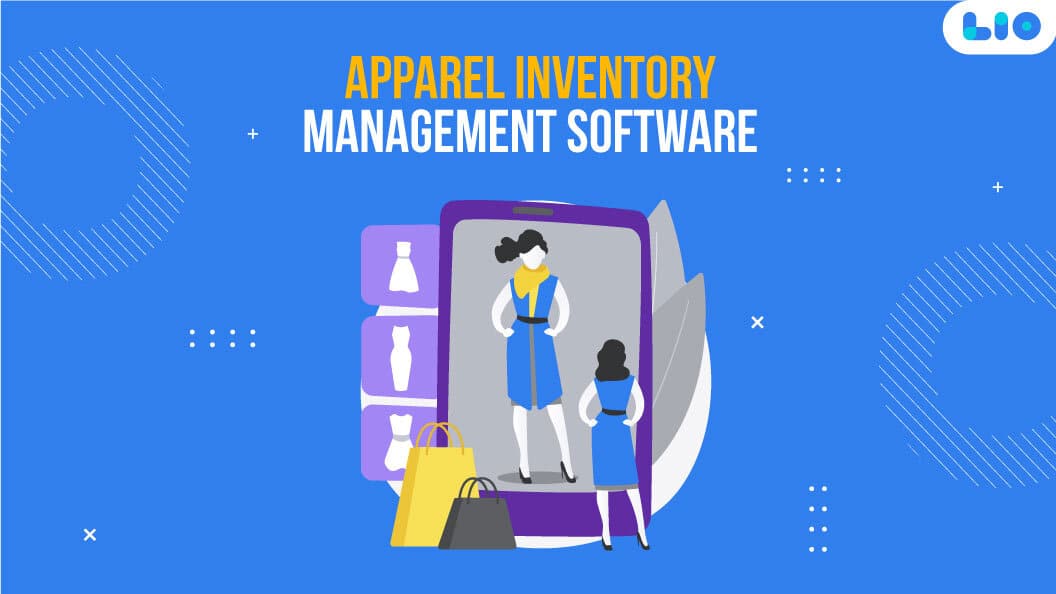


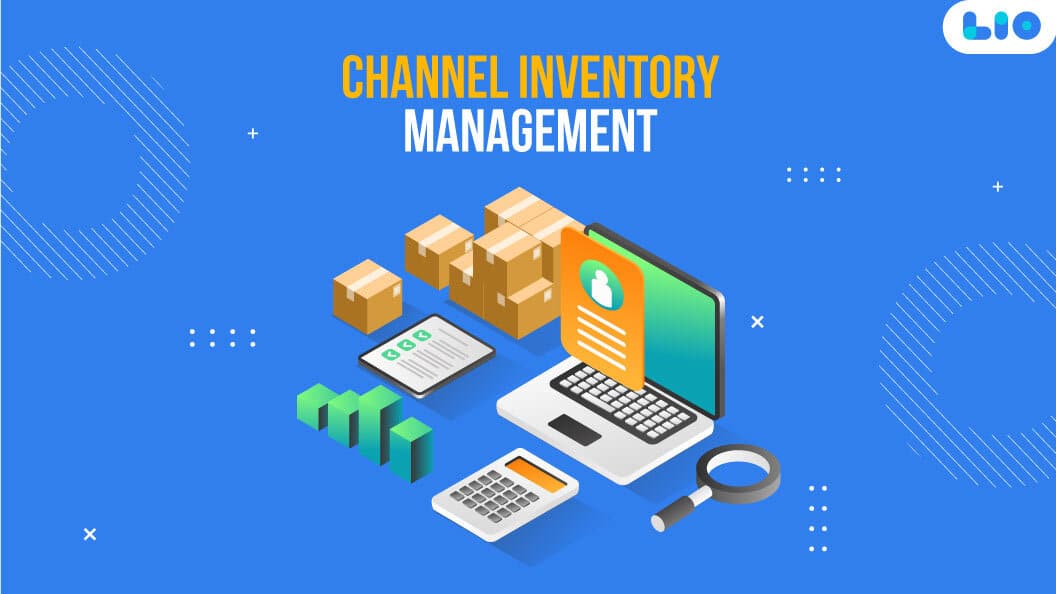

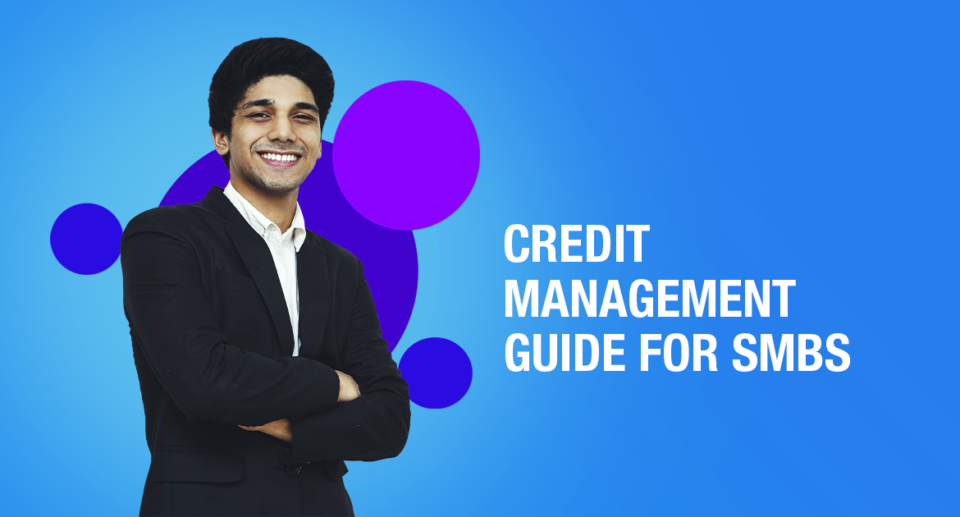

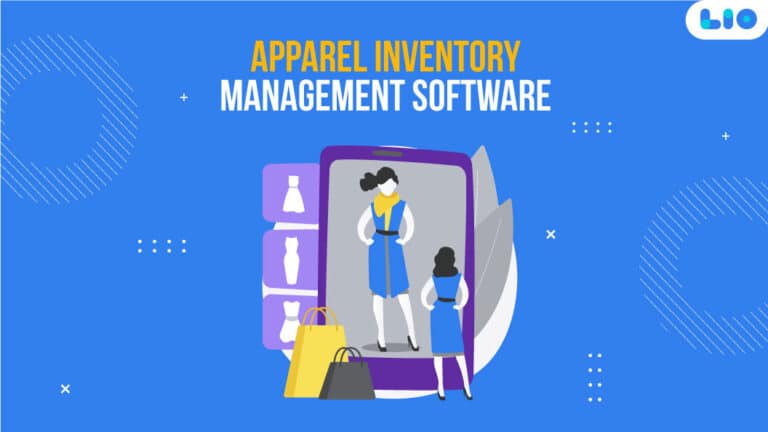

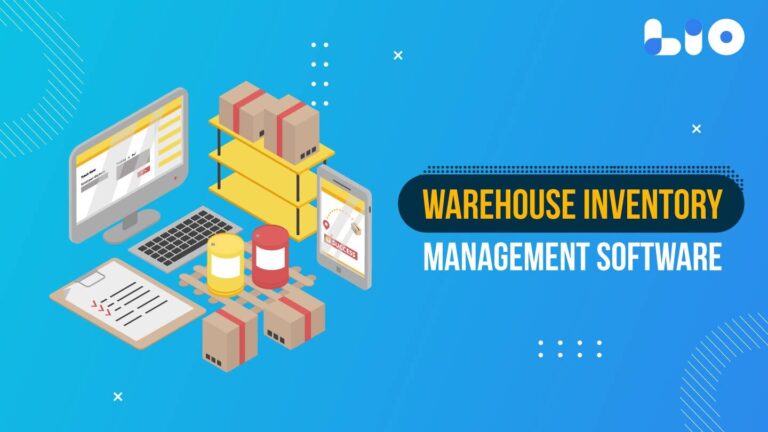
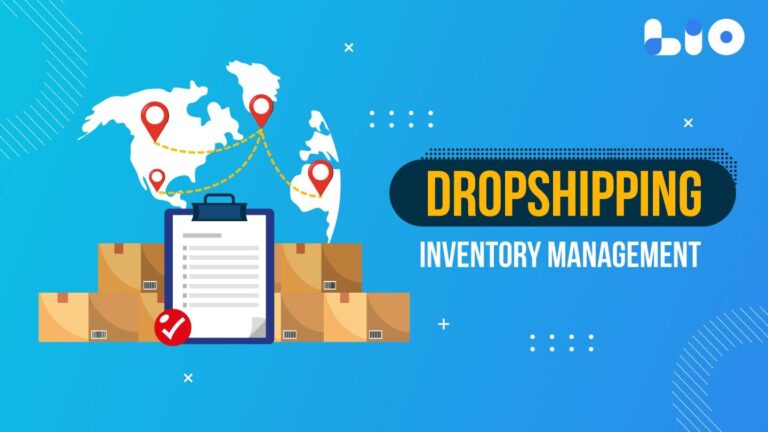






6 Comments
Totally agree with the thing you mentioned about the EMI. Terrific article about the financial lessons from the pandemic.
Hello Jay,
I appreciate your warm words.
I’m very delighted this article piqued your curiosity.
I just so happened to read about the Financial Stability Board. Could you please elaborate?
Hello Siddique,
The Financial Stability Board (FSB) is an international organization that keeps tabs on the world financial system and offers suggestions. It was founded as the Financial Stability Forum’s replacement following the G20 conference in London in April 2009. (FSF). The European Commission, members of the FSF, and every major G20 economy are represented on the Board. The board is headquartered in Basel, Switzerland, and is sponsored and supported by the Bank for International Settlements. It was founded as a not-for-profit organization in accordance with Swiss law.
It’s true that this pandemic taught us a lot, but this article just provided us with major financial advice. Thank you so much. Fantastic work!!
Hello Sanchaita,
I really appreciate your warm words.
I’m delighted this article struck a chord with you and that you gained much from it.